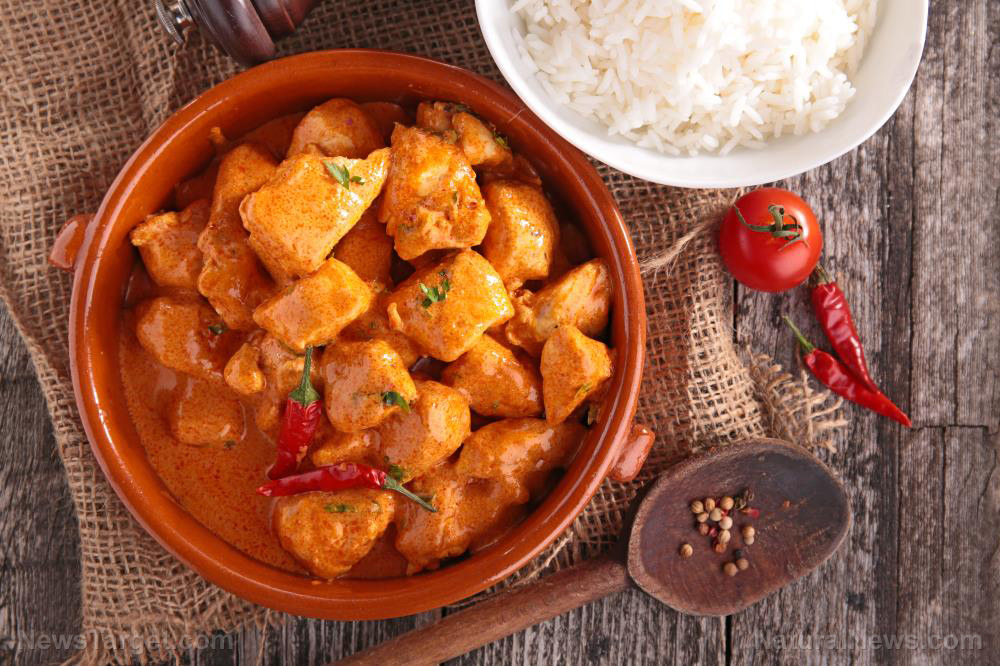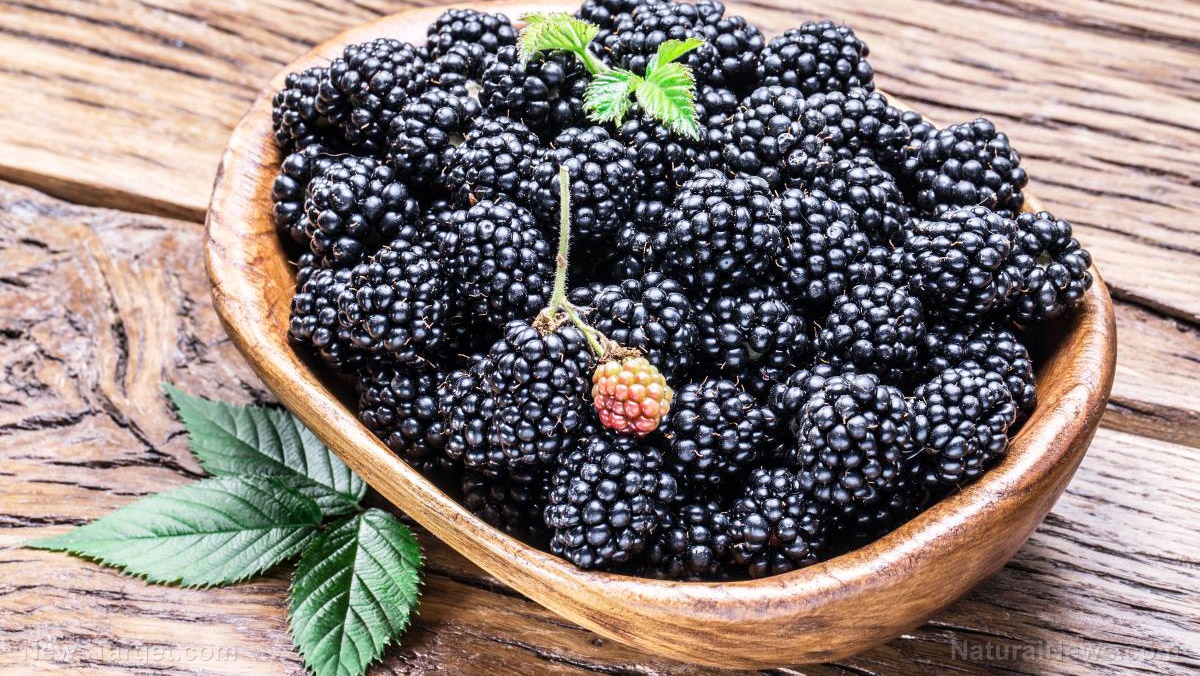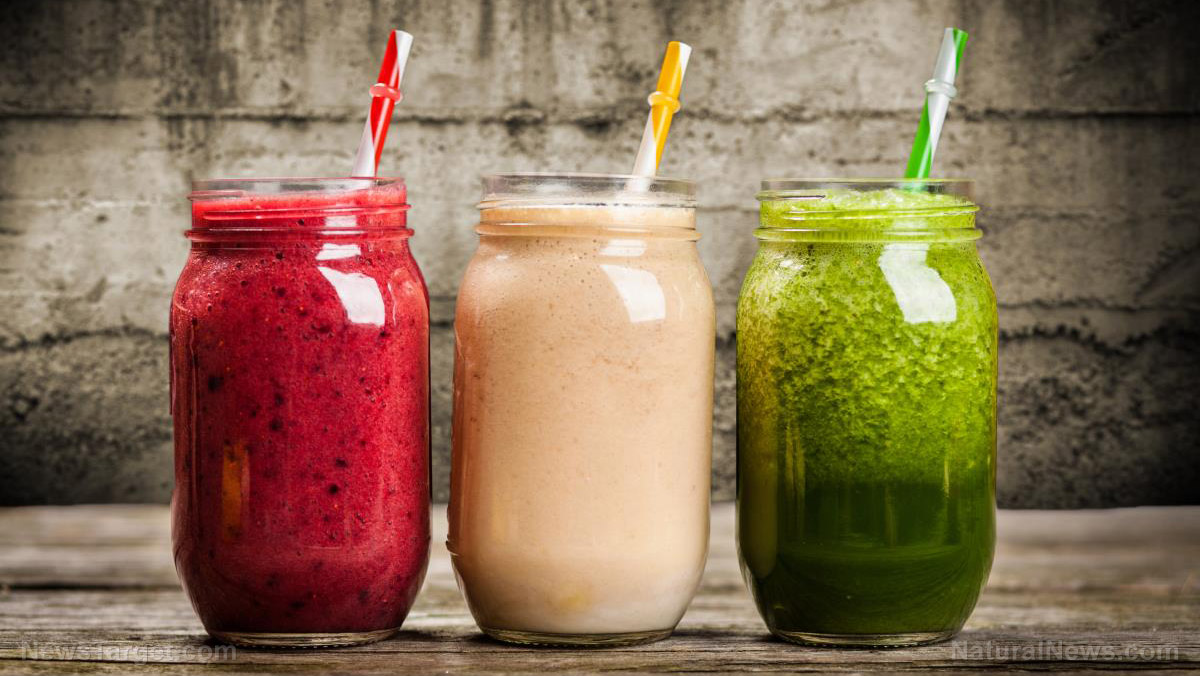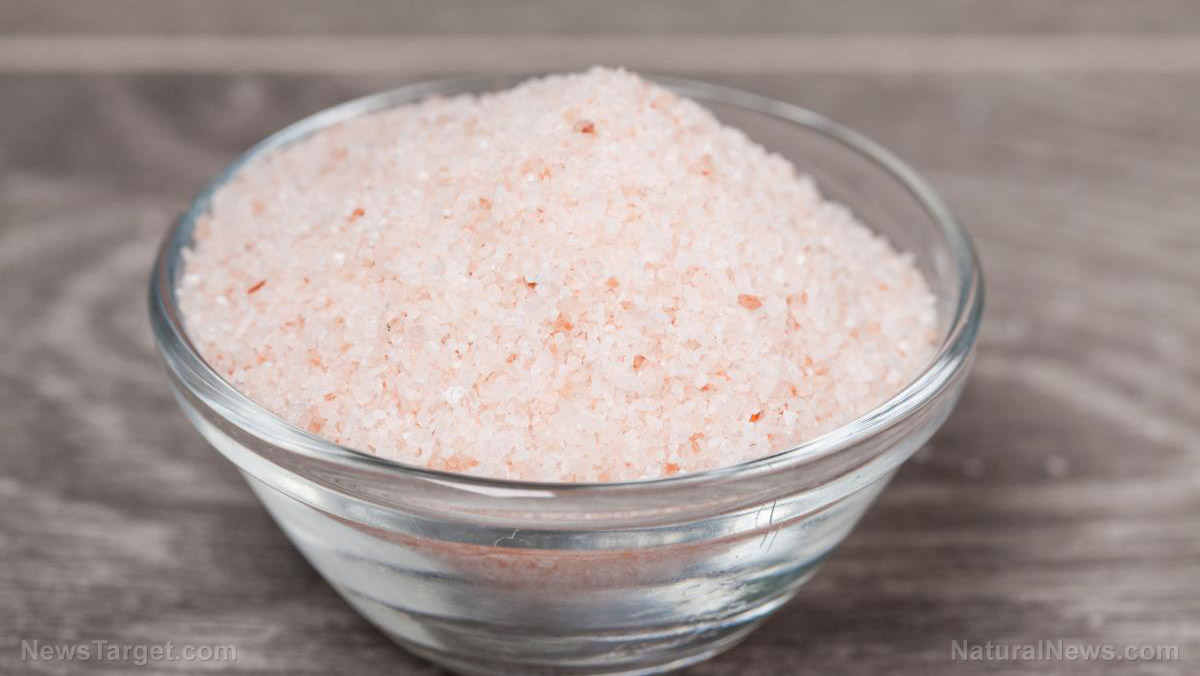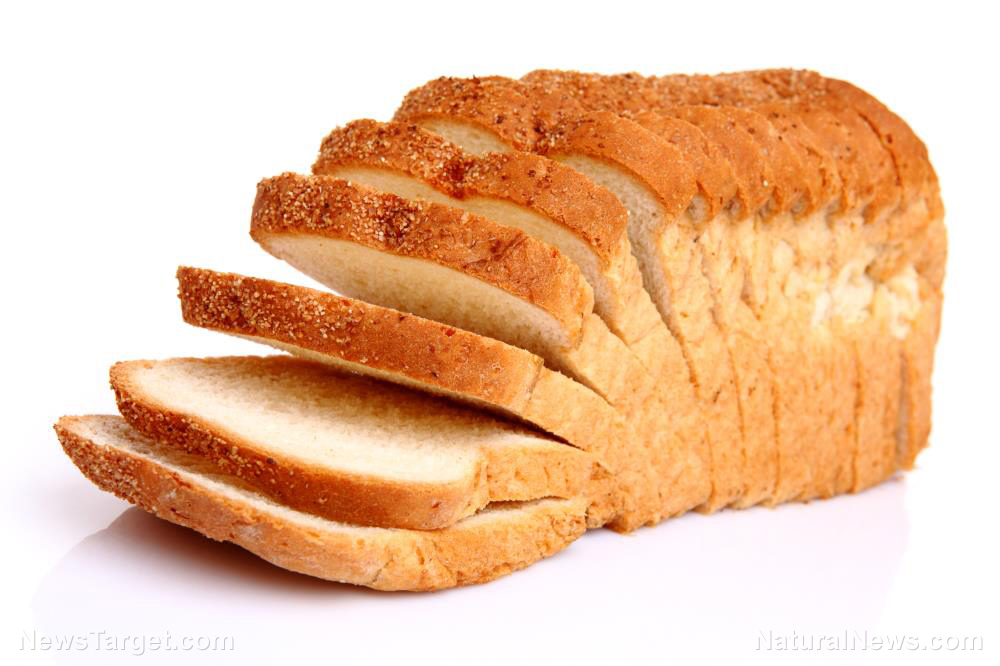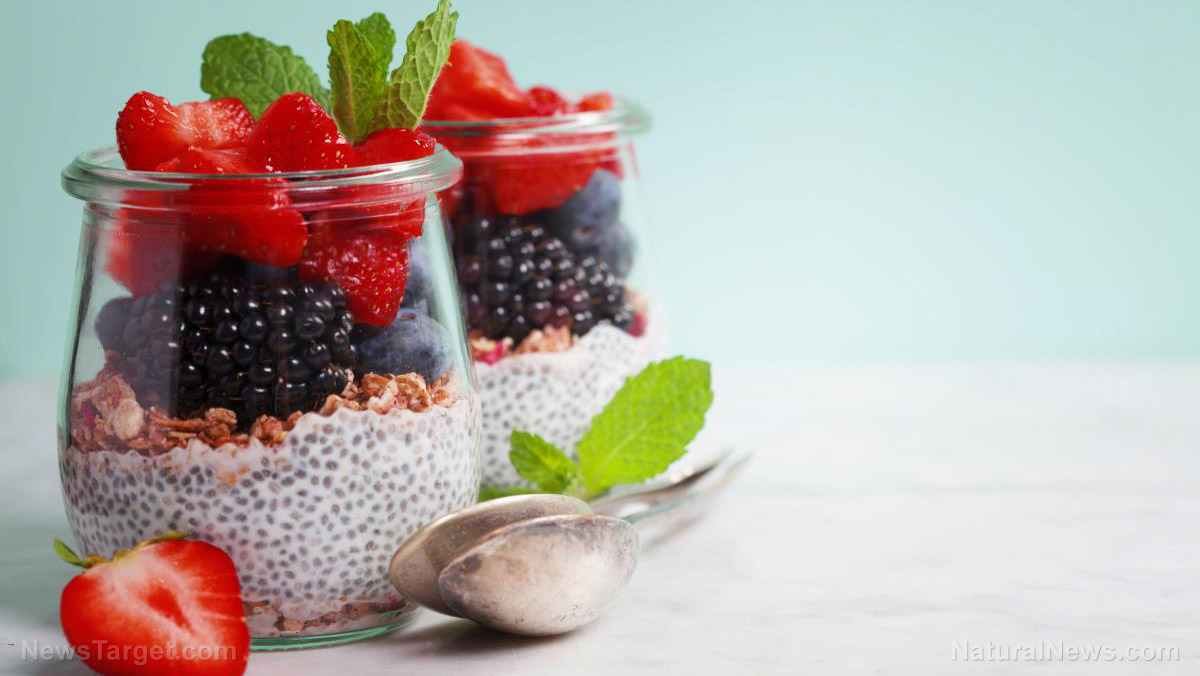Ghee: A look at its health benefits
07/23/2019 / By Evangelyn Rodriguez
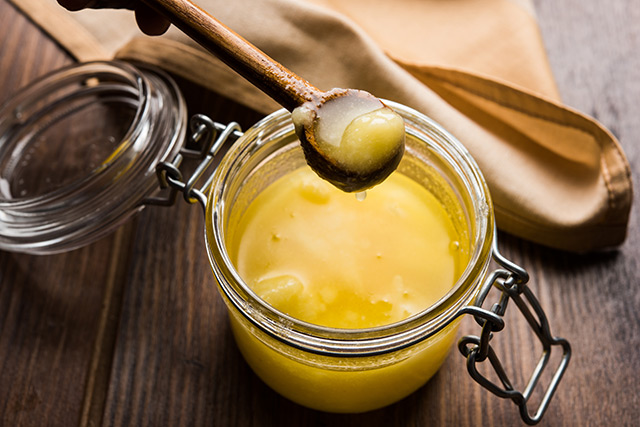
Butter is a beloved ingredient in cooking. While many people love the taste of butter, health-conscious people tend to avoid it because of its high calorie and fat content. But a type of butter which originated in India has recently gained popularity in the U.S. as a pantry staple. Known simply as ghee, this clarified butter is considered a better, healthier version of regular butter and is even accepted as part of the Paleo diet. To acquaint you with this wonderful butter substitute, here are some facts about its nutrient content and health benefits.
Tastier, healthier butter
Ghee is a type of clarified butter made from the high-quality milk of grass-fed cows. Clarified butter is concentrated butterfat produced by removing the milk solids and water content of butter. But unlike normal clarified butter, ghee is caramelized after the clarification process, giving it a rich, nutty taste and aroma. This also allows ghee to have a higher vitamin content than your regular stick of butter.
Ghee is rich in fatty acids that are directly converted into energy inside the body. One such fatty acid is conjugated linoleic acid, which is linked to cancer prevention and weight loss. Ghee also contains an ideal ratio of omega-3 and omega-6 fatty acids, which are known to support heart health. The most abundant vitamin present in ghee is vitamin A. (Related: Ghee: A clarified butter rich in essential fats and vitamins.)
A tablespoon of ghee contains:
- 460.1 IU vitamin A
- 0.42 mg vitamin E
- 0 carbohydrates
- 14.9 g fat
- 9.3 g saturated fat
- 38.4 mg cholesterol
- around 115 calories
The health benefits of ghee
Ghee is preferred over regular butter because it no longer contains lactose or casein. These proteins are not tolerated well by some people and can sometimes cause discomforting symptoms, such as stomach cramping, flatulence, bloating, and inflammation. Besides being suitable for people with food intolerance, ghee is also known for the following benefits:
It provides essential vitamins
Ghee is a great source of fat-soluble vitamins such as A, D, E, and K. These vitamins are needed by the body to maintain good health. Vitamin A is important for vision and supports the immune system; vitamin D is necessary for hormone maintenance and balancing the mood; vitamin E is an antioxidant that prevents cellular damage caused by free radicals; and vitamin K helps transport calcium to the bones.
It is better for cooking than regular butter and most cooking oils
Ghee is healthier to use for high-heat cooking than most cooking oils or regular butter because it has a higher smoke point. Oils that exceed their smoke point become oxidized and release free radicals, which can damage cells and induce inflammation. The smoke point of ghee is 485 F while the smoke point of regular butter is only 350 F.
It supports digestive health
Aside from being safe for people with food intolerance, ghee is also rich in butyric acid. Butyric acid is a type of short-chain fatty acid that supports digestive health by reducing intestinal inflammation and alleviating gastrointestinal problems, such as irritable bowel syndrome (IBS). Butyric acid also helps treat colon cancer, neurological conditions, and metabolic disorders.
It promotes brain health and development
Ghee contains high amounts of healthy dietary fats, and some of these fats are needed by the brain to function properly. One example of these fats is docosahexaenoic acid or DHA, an omega-3 fatty acid that can only be obtained from food or supplements. DHA is essential for healthy mental development and promotes brain health. Studies also suggest that getting high levels of DHA from diet improves learning.
It helps reduce weight
Like coconut oil and palm kernel oil, ghee is a reliable source of medium-chain triglycerides (MCTs), which are known to promote weight loss. According to studies, MCTs can reduce waist circumference and body weight by providing fewer calories, increasing the production of hormones that suppress the appetite, and inducing greater fat burning.
It supports healthy pregnancy
Pregnant women and their babies can benefit from a diet that includes ghee. Ghee not only provides various nutrients, it also supports the development of the nervous system, particularly the brain, as well as that of the immune system and the eyes. The DHA in ghee is essential for all of these growth-related functions.
Ghee is a healthy addition to any diet. It not only provides essential nutrients, it also offers a lot of health benefits. For a tastier and healthier alternative to butter, use ghee for cooking or baking your everyday meals.
Sources include:
Tagged Under: brain health, butter, butter substitute, butyric acid, clarified butter, clean food, digestive health, fatty acids, food cures, food is medicine, functional food, ghee, healthy fats, healthy pregnancy, heart health, immune system, medium-chain triglycerides, natural cures, natural medicine, nutrition, omega-3 fatty acids, omega-6 fatty acids, slender, vitamin A, vitamin D, vitamin E, Vitamin K, weight loss
RECENT NEWS & ARTICLES
COPYRIGHT © 2017 INGREDIENTS NEWS






